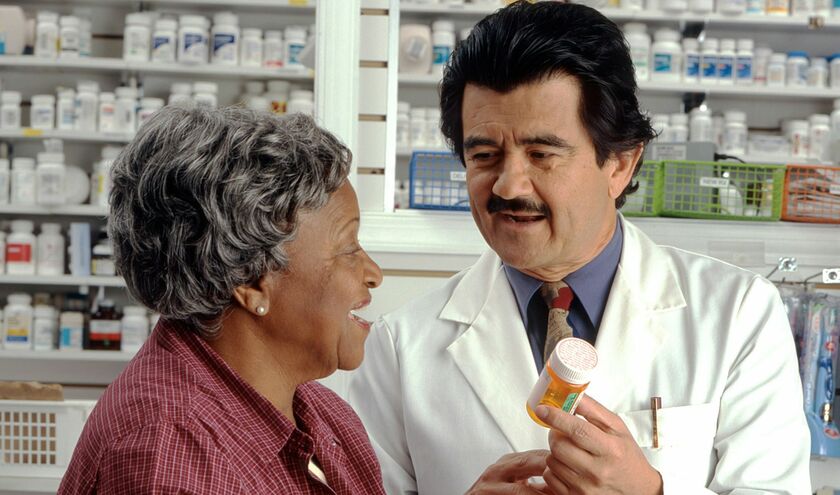The report from Reform warns long-standing barriers to change in the NHS, including fragmented data, a deficit of local leadership capacity and an outdated workforce model and GP estate, present a major risk to Neighbourhood Health delivery
Senior researcher and report co-author, Patrick King, said: ‘The creation of a Neighbourhood Health Service is a huge opportunity for Government to ensure a much more proactive, prevention focused health system. This means giving serious power and resources to local leaders, unleashing the potential of data, and ensuring that every part of a local community is pulling in the direction of health creation.
‘Neighbourhood Health must not be a continuation of the status quo – a medicalised model of primary care, stifled by overly prescriptive guidance from Whitehall. the prize is a system that works on behalf of citizens and tackles the root causes of ill health in communities.'
The report, based on interviews with leading experts from the health and care sector, identifies innovative examples of best practice that should inform the Government's approach, based on granting much greater autonomy and resources to local providers.
It says rather than a ‘hub and spoke' model, centred on PCNs, Neighbourhood Health should prioritise integration of services within a neighbourhood, including public health, social care, pharmacy and community and VCSE sector services.
Interviewees said the current approach was ‘too top-down' and ‘GP-led', and that existing avenues for local leadership, such as Health and Wellbeing Boards were woefully under-utilised.
The report says data needed to sustain Neighbourhood Health, and design prevention-oriented services, is currently too fragmented – especially between local government, general practice and other providers of primary and social care.
It warns Government risks overlooking valuable assets, such as community and faith centres, leisure centres and schools, that exist in neighbourhoods but do not easily map onto NHS services and are not well-recognised or utilised by the health system.
The think-tank urges the Government to not dictate what Neighbourhood Health should look like but equip local areas with the capabilities they need to experiment and deliver approaches that are sensitive to local need.



